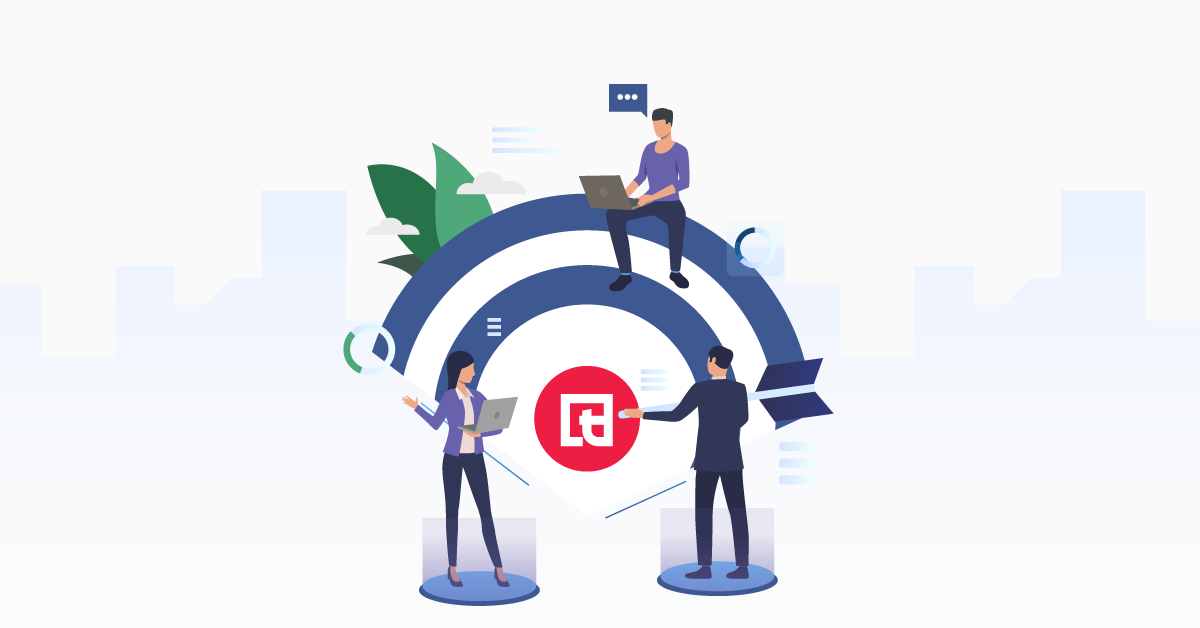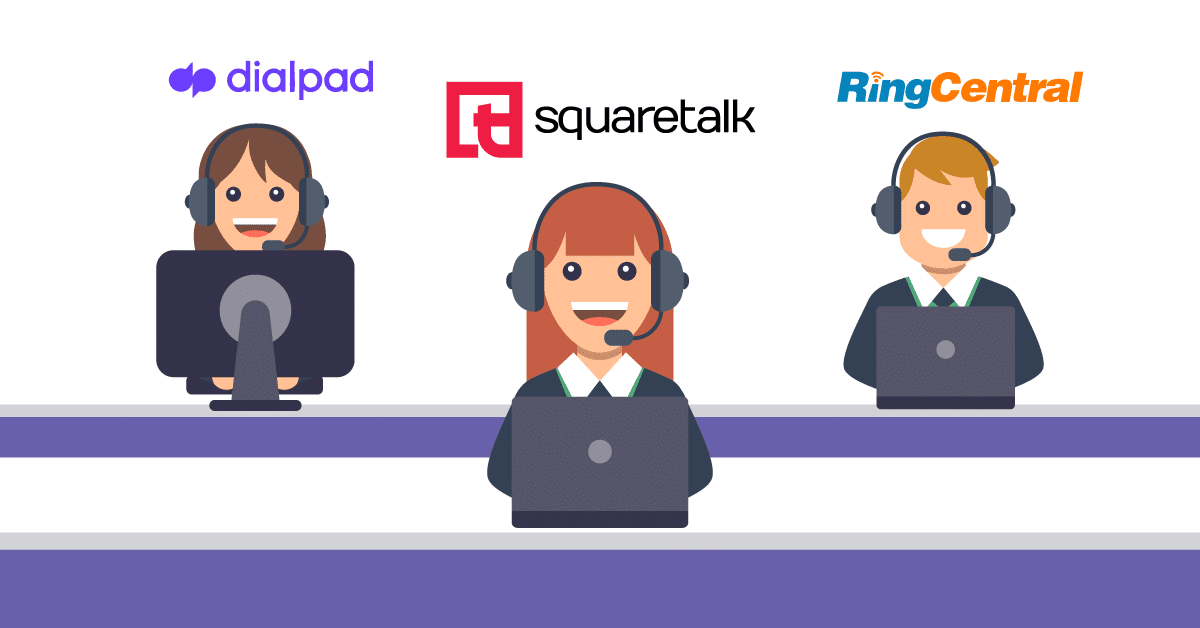As the world has become heavily reliant on contactless technologies, businesses need to enhance their customer experience to stay ahead of the competition. This shift has led to an increase in demand for contact centers, which offer timely, accurate feedback for consumers through multiple channels. In fact, the global contact center as a service industry is expected to be worth $10.80 billion by 2028, registering a CAGR of 15.7% from 2021 to 2028.
Despite technological advancements to support the industry, increasing concerns for data security may hamper the market’s growth. With business operations continuing remotely, the volume of consumer data that is being generated is now being targeted from internal and external sources. To remain compliant with new U.S. data regulations and stay ahead of fresh attack techniques, contact centers need to pay closer attention to their data security.
Why contact centers are high-risk for compromised data security
Contact centers are often considered security risks because they process and store personally identifiable information (PII) from customers. The access contact centers have for payment card data and social security numbers make them prime targets for fraudulent activities.
Contact center agents and customer service representatives could potentially become insider threats as well. They may be tempted to copy verbalized customer payment card data, or even coerce colleagues into sharing personally identifiable information. And even if a vast majority of agents are diligent and trustworthy, they could still fall victim to phishing attacks or accidentally leak data through human error. It doesn’t help that some contact centers have outdated and risky practices when it comes to customer interaction, data collection, and fraud prevention.
In our article on spam detection, we also discussed how it’s not uncommon for scammers to hijack legitimate business numbers and make fraudulent calls on their behalf. These breaches can lead to contact centers’ phone numbers being blocked by customers as spam, which can negatively affect your brand reputation and ROI.
Ensuring your contact center’s security post-2020
More than ever before, data privacy and security has become a top concern for many consumers, so contact centers must take the necessary precautions against data theft and safeguard their reputation. Here are three tips to ensure your contact center’s security post-2020:
Maximize remote network security
With most agents working from home, keeping your network secure against malware, APT, and other security threats should be a priority. Segment networks whenever possible. For instance, you may want to protect payment data and accept payments on systems separate from day-to-day business channels. Additionally, implementing secure protocols for taking in-person payments can help safeguard sensitive financial transactions.
You may even want to enforce the principle of least privilege user access on all systems; this means that employees should be given only the minimum level of access to PII to perform their jobs.
Consult with a cybersecurity expert
One of the best courses of action is to talk to a cybersecurity expert, who can help you keep all systems, networks, and devices secure against possible attacks. While the shortage of cybersecurity professionals is estimated at more than three million, companies can mitigate the problem by reaching out to experts online. There are also plenty of online courses that can help current employees upskill or retrain in cybersecurity.
Graduates with an online bachelor’s degree in cybersecurity have plenty of experience in implementing offensive and defensive security strategies. They learn the best practices when it comes to networks, mobile security, cloud security, and digital forensics, which can help keep your contact center secure. By talking to a cybersecurity expert, you can develop a plan to keep security infrastructure updated.
Invest in cloud-based tools
If you don’t have the budget to hire someone to handle your security operations 24/7, it’s important to invest in security tools and shift your organization’s technical operations to the cloud. Cloud services build scalable cybersecurity operations tools with a zero-trust premise, which means they don’t trust devices by default; this enhances security features. This may be why cloud migration has accelerated as a growth area in the past two years, with 60% of contact centers expected to transition from legacy systems to the cloud.
Squaretalk is a top cloud-based tool provider for contact centers. Our flexible, secure, and reliable platform can help contact centers manage their business processes. Whether it’s for voice, text, chat, or messaging, you can safely integrate almost all business communication software with our product. Contact us today to learn more.
FAQ
Why are contact centers considered high-risk for data breaches?
What are common internal and external threats faced by contact centers?
How can contact centers enhance security for remote agents?
- Using secure VPN connections for remote access
- Implementing multi-factor authentication
- Providing secure, company-managed devices
- Regularly training employees on security best practices
- Monitoring remote workstations actively to detect unusual activities
What role does cloud-based technology play in contact center security?
How can consulting with cybersecurity experts benefit contact centers?

Renee Jimena
Exclusively written for squaretalk.com






